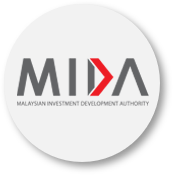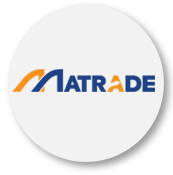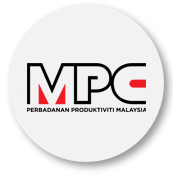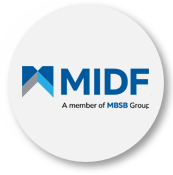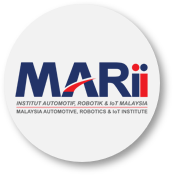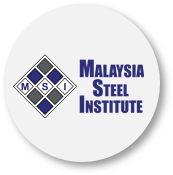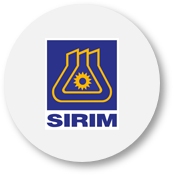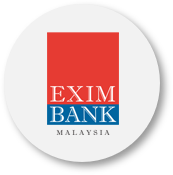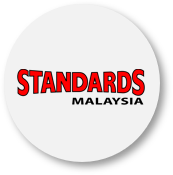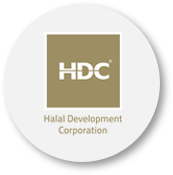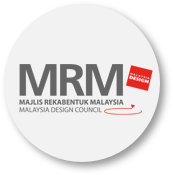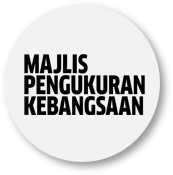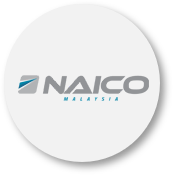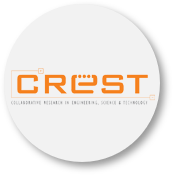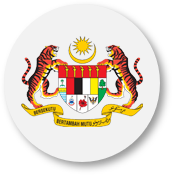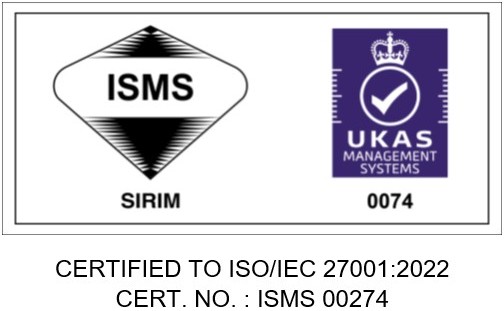Malaysia manufacturers, exporters and SMEs are to benefit from the implementation of the ASEAN Self-Certification Scheme under the ASEAN Trade in Goods Agreement (ATIGA).
The scheme requires a declaration from a certified exporter that a product meets the rules of origin under ATIGA. The manufacturers and exporters will no longer be required to obtain or secure a Certificate of Origin Form or Form ATIGA or commonly known as Form D from the Ministry of International Trade and Industry (MITI) and its branch offices around the country. Under the scheme, intra-ASEAN trade is facilitated better where by the manufacturers or exporters are no longer required to submit their product costing to MITI for verification to ensure compliance to rules of origin,
The Self-Certification Scheme is a system which enables the Certified Exporter (CE) to make out an invoice declaration for the exports of goods. The CE will no longer be required to apply for ATIGA Form D. The invoice declaration is sufficient to obtain preferential tariff concession under ATIGA. The information in the invoice declaration is less than what appears in ATIGA Form D.
The implementation of the Self-Certification Scheme is aimed at facilitating intra-ASEAN trade; reduce costs and time of doing business; and maximise the efficiency of the government limited resources.
Efforts are being undertaken by ASEAN Member States to implement a single ASEAN Wide Self Certification by 2015 towards facilitating intra-ASEAN trade.
Currently, there are two pilot projects for the Self-Certification that have been approved by the ASEAN Economic Ministers and ASEAN Free Trade Area Council. The First Self-Certification Pilot Project (1st SCPP) is participated by Malaysia, Brunei Darussalam, Singapore and Thailand. Cambodia and Myanmar will be joining the 1st SCPP and are in the midst of getting their domestic approvals. The Second Self-Certification Pilot Project (2nd SCPP) between Indonesia, Lao PDR and The Philippines was implemented beginning 1 January 2014.
Under the 1st SCPP, the criteria for appointing Certified Exporters are:
- Manufacturers who are also exporters;
- Good past track record;
- Not blacklisted by any agency i.e. Customs or MITI; and
- Be able to comply with the Rules of Origin (ROO).
The Certified Exporters now can self-declare the goods which are in compliance with the Rules of Origin that they are exporting to Brunei Darussalam, Singapore and Thailand using the 1st SCPP.
To date, a total of 308 exporters (10 from Brunei Darussalam, 133 from Malaysia, 54 from Singapore, and 111 from Thailand) from the four Participating Member States have been certified and are now benefiting from this trade facilitation initiative.
The differences between the First and Second Pilot Projects are the additional requirements under the Second Pilot Project:
- need for circulation of the specimen signatures of CEs and limited to three (3) signatories per CE;
- only manufacturers to be appointed as CEs;
- the list of products traded by the CE to be exchanged among PMSs;
- back-to-back and third party invoicing not allowed;
- the HS Code to be on the Invoice Declaration; and
- only accept commercial invoice and no other documents.
Limitation for the Certified Exporter to be only confined to manufacturer-exporter will prevent most of the exporters who are traders and who obtain their goods from the manufacturers from participating in the Pilot Project. There are existing provisions for risk management i.e. post-Customs audit including verification, advance-rulings and pre-arrival customs clearance which can be applied regardless of the nature of the system (conventional system or SC).
The ASEAN-wide Self-Certification System is one of the trade facilitative initiatives to achieve the ASEAN Single Market and Production Base.
Last Updated 2015-05-14 12:01:26 by admin2







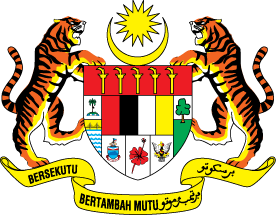





 Home
Home








